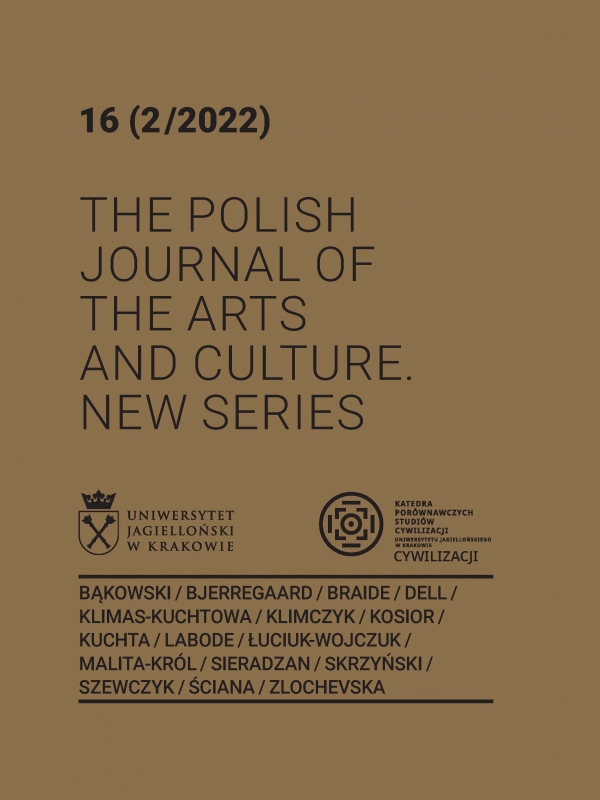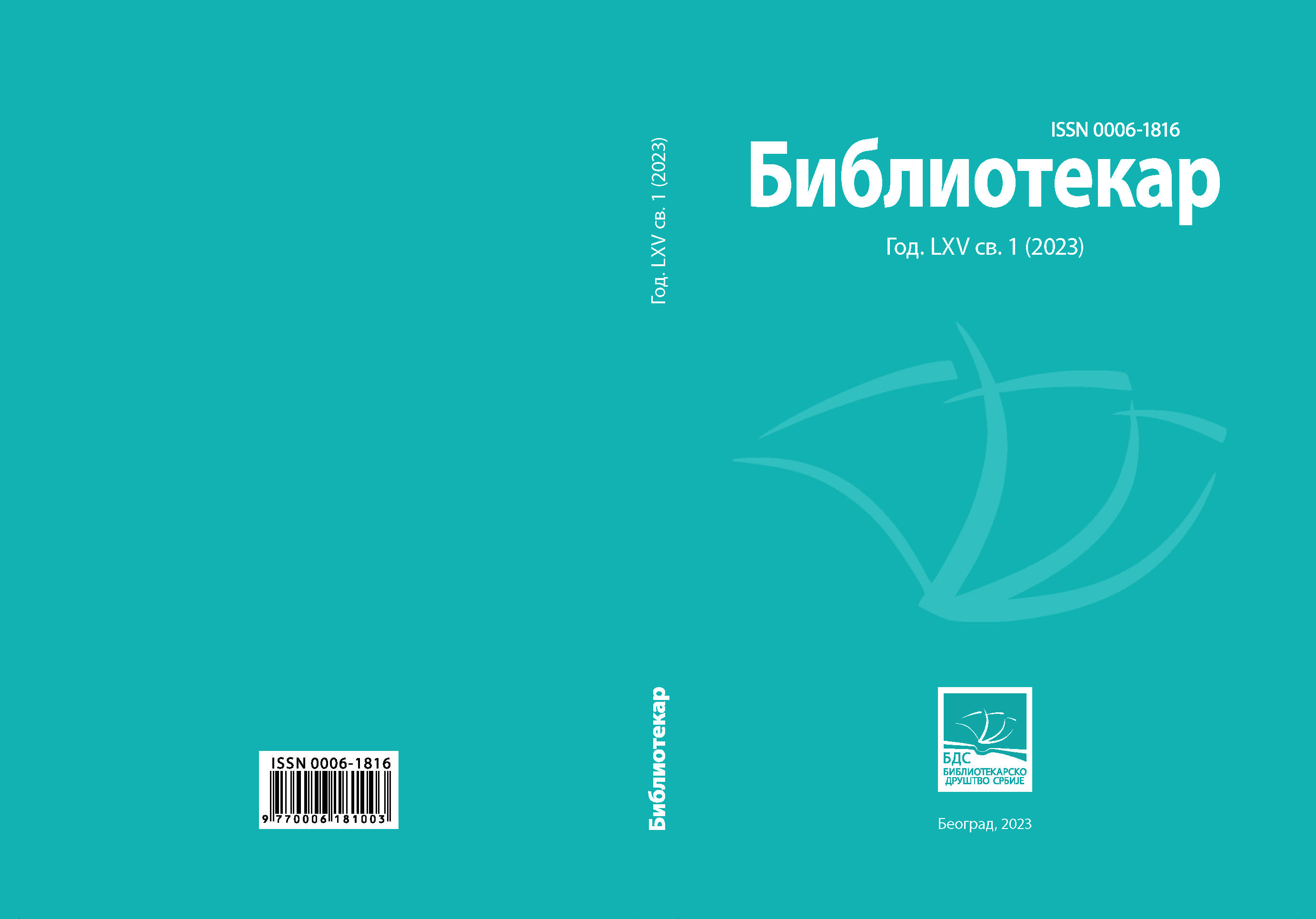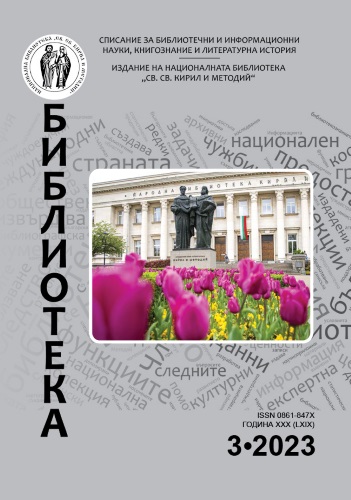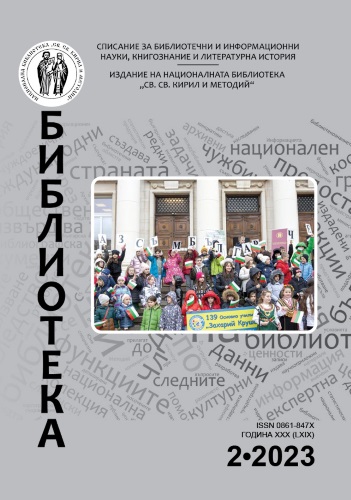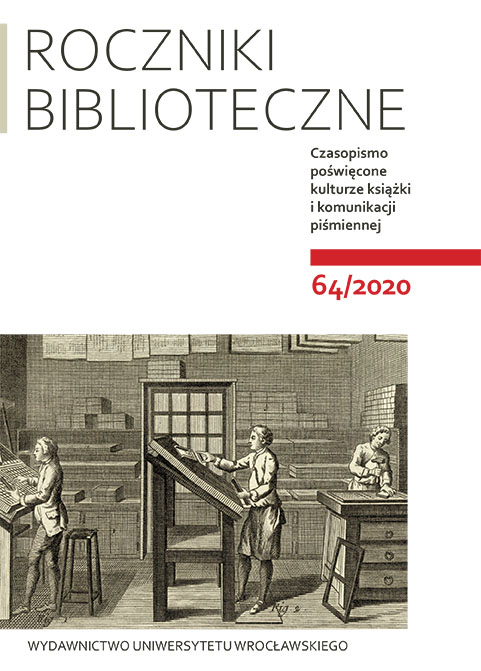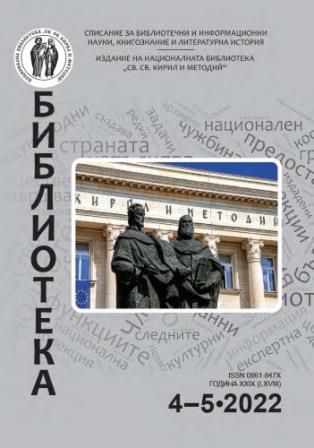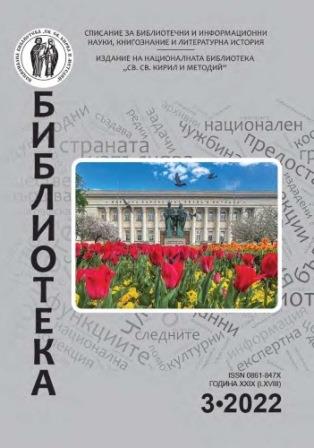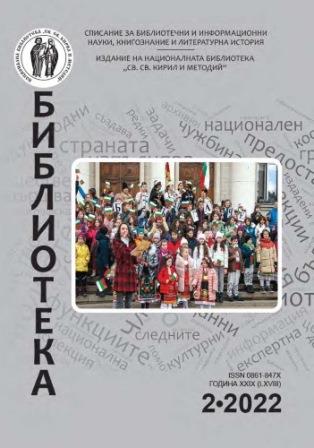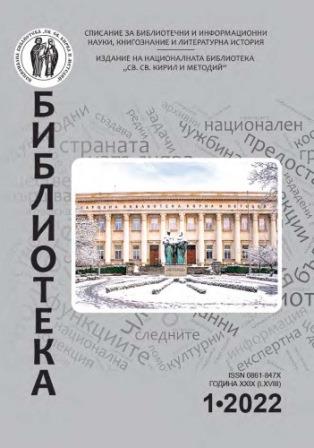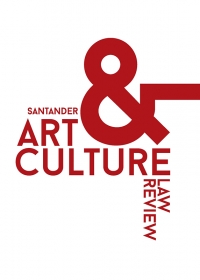
Reflections on the Customary Laws of Benin Kingdom and Its Living Cultural Objects in the Discourse of Ownership and Restitution
The British punitive expedition of 1897 led to the theft and vandalization of the cultural heritage of the Benin kingdom. The plunder included more than 3,000 cultural objects made of bronzes, ivories, beads, and other objects, which were produced since the 1st century AD to commemorate historical moments, political transitions, and ritual purposes. This theft dishonoured the spiritual and ritual significance of these living cultural objects, and has turned them into museum artefacts. As international debates on restitution and the return of Benin Bronzes intensify, two pertinent questions which arise are: Who will be the custodians of the returned artefacts?; and How will they be conserved? In this article, we address these two questions through the lens of Benin customary laws and practices. We argue that within this local jurisprudence, the Emwin Arre– the living cultural heritage described above –belong to the Oba of Benin and should be returned to the royal Palace, where they will be preserved, protected, and shared with the present and future generations.
More...
